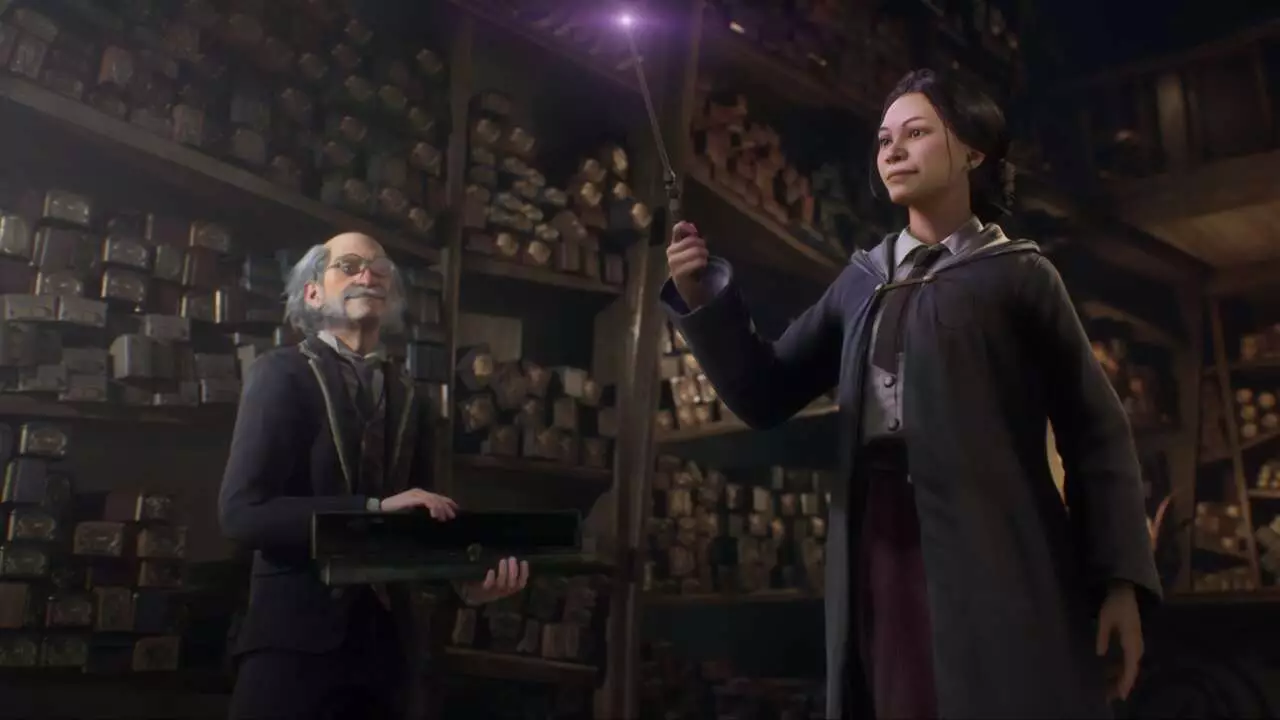In a surprising turn of events, Hogwarts Legacy—a title that has triumphed in sales and popularity—will not see the anticipated expansion or a Definitive Edition re-release this year. Initially reported by industry insider Jason Schreier from Bloomberg, these cancellations have ripples beyond mere disappointment; they signal a restructured vision for Warner Bros. Discovery’s gaming division. After making headlines as 2023’s best-selling game in the U.S., the abrupt cessation of new content feels like a bittersweet blow to the loyal fanbase, who had high hopes for new adventures in the Wizarding World.
Financial Factors Behind Cancellations
Executives at Warner Bros. have cited financial concerns regarding the expansion, stating that the proposed content did not meet the expectations relative to its pricing. This decision showcases the ruthless calculus often involved in video game development where not just creativity, but profitability dictates the future of a game. While the community buzzed with excitement at the thought of new storylines enriching the already expansive narrative of Hogwarts Legacy, it appears that fiscal responsibility took precedence, leading to the decisions that ultimately put the brakes on further development.
Warner Bros.’ Strategic Shift
As part of a broader organizational reconfiguration, Warner Bros. recently halted multiple projects, including a Wonder Woman game, and shuttered some studios. This is not just a pruning action; it hints at a strategic pivot aimed at consolidating their focus on proven franchises like Harry Potter, Game of Thrones, Mortal Kombat, and DC properties. By limiting its IP breadth, Warner Bros. appears willing to invest deeply in fewer titles rather than spreading resources too thinly across many, a business model that increasingly values established franchises over experimental new titles.
In the Midst of Controversy
The gaming community remains divided; while Hogwarts Legacy achieved phenomenal sales—outpacing notable competitors—it’s essential to acknowledge the shadow cast by controversies surrounding J.K. Rowling’s views. Gamers aren’t just consuming the content; they’re navigating the complicated interplay between entertainment and ethical considerations. In leveraged terms, the game’s triumph is tarnished by the ongoing debate surrounding its association with the author. The accomplishments of the game are overshadowed by the discussions of exclusivity, morality, and the divergence of fandom from its creator’s views.
Future Prospects
Despite these challenges, there’s glimmering hope for fans. Avalanche Software, the creative minds behind Hogwarts Legacy, remains committed to the development of a sequel. Warner Bros. has branded this sequel as one of its “biggest priorities,” indicating that the potential for growth exists. Moreover, the continuation of the Harry Potter franchise through titles like Harry Potter: Quidditch Champions hints at a vibrant future, despite the current setbacks. It possibly reveals a shift towards exploring different facets of the Wizarding World, offering an alternative avenue for fans to delve into familiar lore, albeit in a different context.
In this landscape marked by significant upheaval, the future of Hogwarts Legacy remains a subject of intrigue and speculation. While the cancellations may seem discouraging, their implications also foster a conversation about the evolving dynamics of the gaming industry amid broader societal issues.

